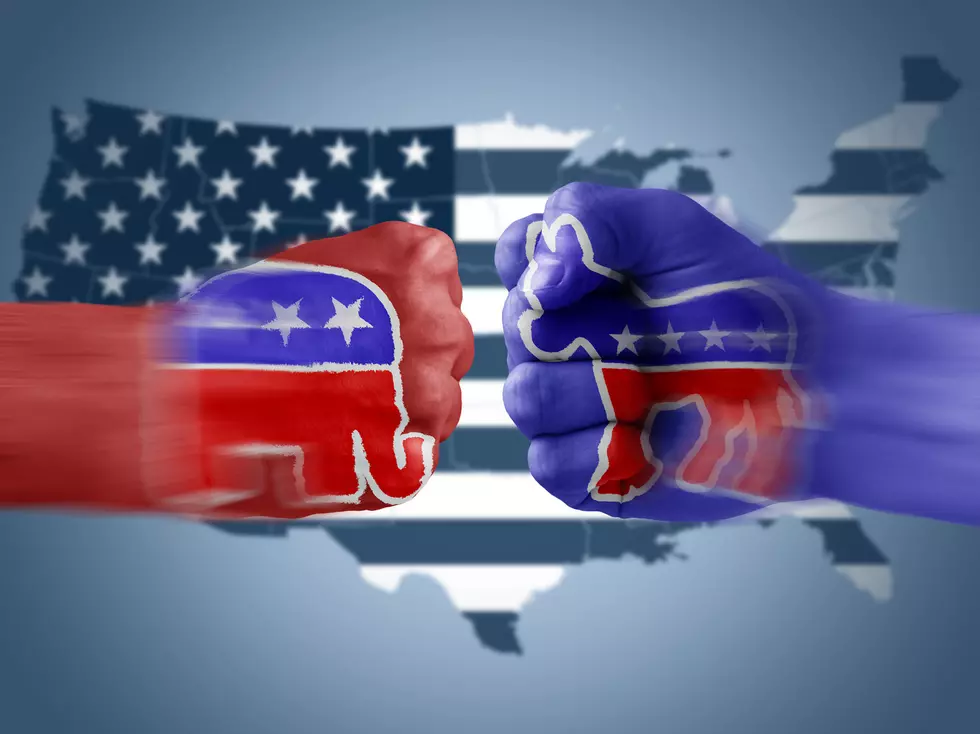
Should Churches Be Exempt From Paying Taxes?
There are two topics most people have a hard time discussing rationally — Politics and religion. Both invoke passionate responses from all sides.
Two of the questions that surface most often are, “Why are churches exempt from paying taxes?” and “Where is separation of church and state mentioned in the constitution?” Two very valid questions in today’s 24/7 sound bite society.
Tax Exemption History
Tax exemption for churches began during the Roman Empire when Constantine, the emperor from 306-337 converted to Christianity. Church properties were also tax exempt because government believed that the church took some of the burden of helping the poor and disadvantaged off the government and deserved some form of compensation for doing that. The founding fathers carried that thinking to the New World.
US Tax Exemption
US churches have been unofficially exempt from taxes since the county’s founding but government made it official in 1894. All states and the District of Columbia do not tax church property or church donations. Church donations are also tax deductible.
Proponents for the tax exemption site 200 years of precedent plus the social good that churches perform. Opponents see a large taxable amount not being collected that they feel should be dispersed through government programs.
What If The Federal Tax Exemption Disappeared?
Currently political messages are not supposed to be delivered from the pulpit due to separation of church and state. The church is restricted to social and religious messages — not political ones. Political posturing could cost a church its tax-exempt status.
Would Sunday services change if pastors were permitted to address wars, taxes, Supreme Court decisions, and endorse political candidates? Jesse Jackson and Al Sharpton would probably never mention God or the apostles again.
Would we have churches packed with Democrats on one side of the street and Republicans filling the pews on the other? Would political candidates be invited up to give this week’s sermon on job creation rather than the creation described in the book of Genesis?
Some Final Thoughts
We’ve all heard the term “the religious right.” I’ve always wondered exactly what that meant to the people using it. Is one political side embracing religious beliefs more than another? Doesn’t that already violate the church and state thinking on some level?
It would appear that political thinking is already connected to religious thinking on the part of some people. Does their spiritual belief draw them to certain political parties? Or, is it their political views that dictate their religious affiliation?
I suppose those are questions all of us must answer based on our own beliefs.
More From KMMS-KPRK 1450 AM









